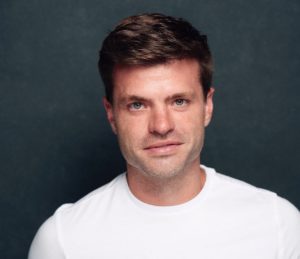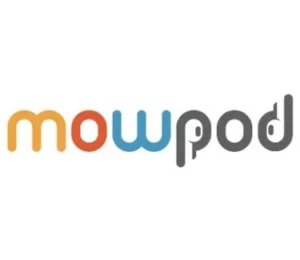The changing role of the executive CMO — Neil Heckman // breakfast consulting
- B2B
- Marketing Operations
- Marketing Consultancy
- Performance Marketing, Marketing Strategy, Growth Marketing, Entrepreneurship, Agile Marketing
- Part 1 The changing role of the executive CMO — Neil Heckman // breakfast consulting
- Part 2The great resignation and where companies went wrong — Neil Heckman // breakfast consulting
Show Notes
-
02:33The role of the CMOIn general, the CMO is expected to do everything from brand and growth to the creative. But the idea that one person is able to excel in all those areas is flawed and puts the individual in a tricky position in terms of expectations.
-
04:01Expectations for earlyIn the case of startups, if theyre able to have one person doing the jobs of multiple people, theyre likely to choose that route. And this comes as a result of the pandemic which forced a lot of brands to restructure.
-
06:40When a CMO is actually neededStartups looking to go into the growth phase can benefit from the expertise of a full-time or fractional, experienced CMO. Similarly, companies going from growth to understanding the marketplace can benefit from having a full-time CMO.
-
08:51The role of a fractional CMO vs an inA full-time CMO is more likely to be solely interested in being the brands voice and representative. However, a fractional CMO is generally going to be focused on developing and running the broader marketing strategy.
-
11:22How the role of the CMO is changingBrands consistently change how theyre showing up in the marketplace. And, its difficult for CMO to adapt and keep up with those changes based on their own skill set. So, the tenure of the CMO is decreasing as a result.
Quotes
-
"The role of the CMO is lofty and is often built on the idea that there's one person who can do everything from brand, growth, and creative." -Neil Heckman, Founder, Breakfast Consulting
-
"If there's the possibility that you can have one person doing the job of three of four, then that is likely the way that startups will go." -Neil Heckman, Founder, Breakfast Consulting
-
"Any brand going through change would benefit from either a fractional CMO resource or a full-time resource from somebody who has led another brand through those changes." -Neil Heckman, Founder, Breakfast Consulting
-
"The real role of a CMO is to be the figurehead as a brand voice, to be speaking on behalf of the brand, whether it's a marketing initiative, new product, or a new service." -Neil Heckman, Founder, Breakfast Consulting
-
"A full-time CMO at any of those three facets of companies, either startups, growth, or enterprise needs to have a support system around him or her." -Neil Heckman, Founder, Breakfast Consulting
-
"The tenure of a CMO has never been shorter. It's been less than 18 months and that's down a significant amount over the past 10 years." -Neil Heckman, Founder, Breakfast Consulting
-
"Brands are changing every two to three to six months. It's tough for the person who's steering the ship from a brand voice and marketing effort stance to adapt based on their own skillset." -Neil Heckman, Founder, Breakfast Consulting
- Part 1 The changing role of the executive CMO — Neil Heckman // breakfast consulting
- Part 2The great resignation and where companies went wrong — Neil Heckman // breakfast consulting
Up Next:
-
Part 1The changing role of the executive CMO — Neil Heckman // breakfast consulting
Neil Heckman, Founder of Breakfast Consulting, discusses the evolution of the executive CMO role. Ideally, the role of a CMO is to be the voice of the brand they’re representing and to essentially get the brand out there. However, at different stages of a company's growth, different skill sets are needed and that has led to the decreasing tenure of the CMO over the last 10 years. Today, Neil talks about the changing role of the executive CMO.
-
Part 2The great resignation and where companies went wrong — Neil Heckman // breakfast consulting
Neil Heckman, Founder of Breakfast Consulting, discusses the evolution of the executive CMO role. Even before the pandemic, brands that were in extended periods of hyper-growth got into trouble due to overhiring. This led to many brands having to lay off people and to many employees resigning as their workloads increased and the workforce decreased in size. Today, Neil talks about The Great Resignation and where companies got it wrong.
Play Podcast











